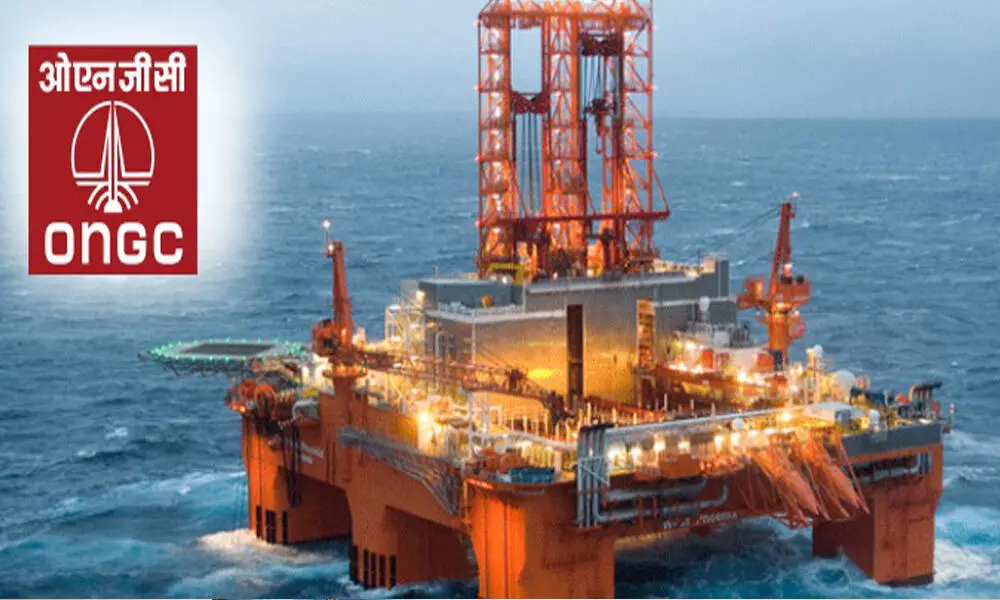ExxonMobil's exit from Russia puts OVL in a fix
ONGC Videsh Ltd is a partner in the global energy giant-operated Sakhalin-1 oil field in Far East Russia
image for illustrative purpose

New Delhi: ExxonMobil Corp's decision to exit Russia has put India's flagship overseas firm ONGC Videsh in a fix as it is a partner in the global energy giant-operated Sakhalin-1 oil fields in Far East Russia, sources said.
ONGC Videsh Ltd (OVL) and three other state-owned Indian firms hold 49.9 per cent stake in a separate Vankor oilfield in west Siberia but that investment will not be impacted as they repatriated their dividend income from last year in January 2022 and would not immediately face issues because of Russia being cut off from the global payment system SWIFT over its Ukraine invasion.
ExxonMobil holds 30 per cent stake in the Sakhalin-1 offshore oil assets, where OVL - the overseas investment arm of state-owned Oil and Natural Gas Corporation (ONGC) - has a 20 per cent interest. The field, which produced some 227,400 barrels of oil a day (11.35 million tonnes a year) and over 12 billion cubic metres of natural and associated gas in 2021, is operated by ExxonMobil.
While it has not put a timeframe for leaving the venture, the exit of ExxonMobil would mean technical manpower and expertise would no longer be available at the project, three sources with direct knowledge of the matter said. In all likelihood, Russia's Rosneft, which holds 20 per cent participating interest in the fields, will take over Exxon's share, they said.
The Sakhalin-1 project, where the partners have so far invested $17 billion in developing the reserves lying below the sea that freezes during winter, is regarded as a technical marvel. It involved developing three oil and gas fields off Sakhalin -- Odoptu, Chayvo and Arkutun-Dagi -- by drilling record-setting wells from shore that bored down and sideways for up to seven miles to reach the reservoirs that had frustrated the Soviets when they discovered oil there in 1979. OVL joined the project in 2001 and ExxonMobil began pumping oil from the fields that were considered too deep and remote to produce, in 2005.
Sources said ExxonMobil has publicly stated that it is starting a process to discontinue operations and developing steps to exit the Sakhalin-1 venture. It would no longer invest in new developments. ExxonMobil, which joined BP and Shell to announce exit from Russia over Moscow's invasion of Ukraine, has told foreign managers to leave the project, sources said, adding a couple of wells may be on course of being shut down. The majority of the managers at the project are foreign nationals while US contractor Parker Drilling is in charge of almost all drilling operations, they said, adding ExxonMobil relies on other US and international contractors for operations. The foreign staff in all likelihood will leave the project over the next few days, sources said.
Besides ExxonMobil and OVL, Japanese consortium Sodeco has a 30 per cent interest in Sakhalin-1 and Russian producer Rosneft has the remaining 20 per cent. ExxonMobil and Rosneft have been working on a plan to commercialise remaining natural gas reserves by exporting them to international markets as liquefied natural gas (LNG). Non-associated gas from the Chayvo field is planned to be sent by a new pipeline to a 6.2 million tonne per annum liquefaction facility to be built at the port of De Kastri on the Russian mainland.


